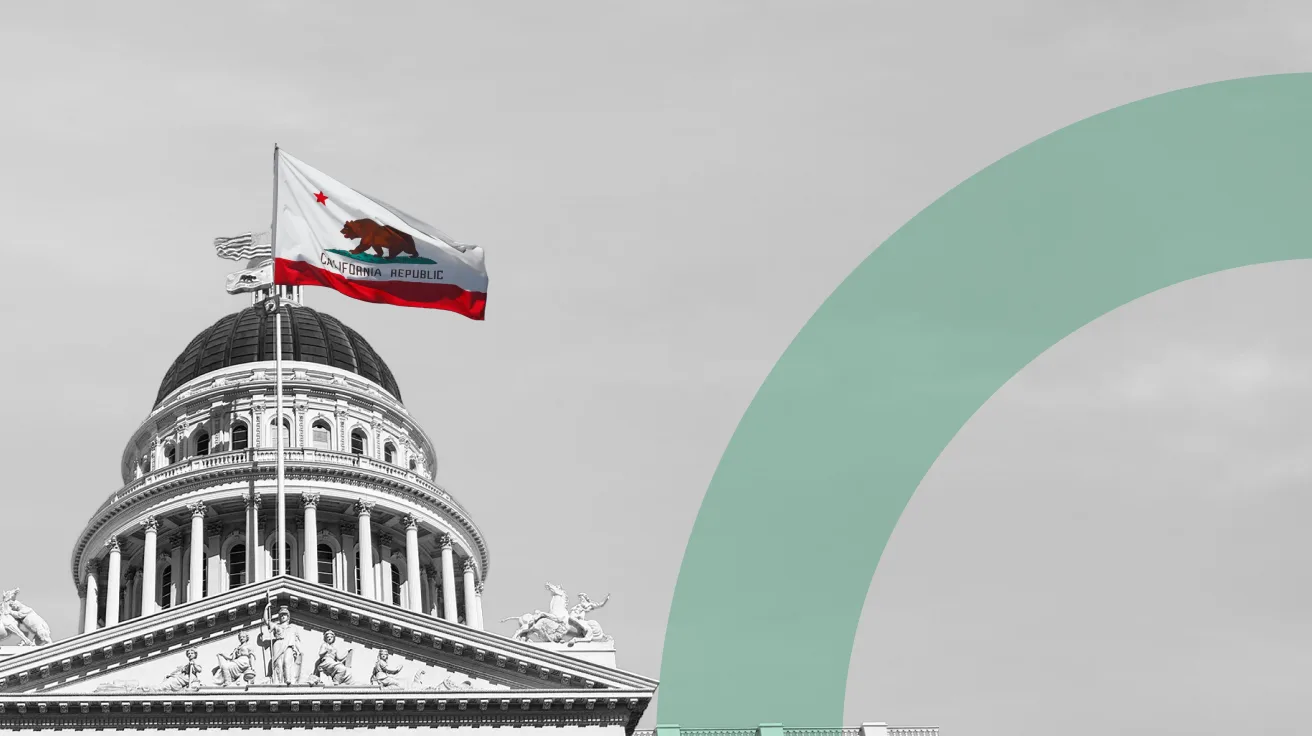
California’s SB 253 — officially known as the Climate Corporate Data Accountability Act — is set to become one of the most significant climate disclosure regulations in the U.S. It requires large companies doing business in California to annually report their Scope 1, 2, and 3 greenhouse gas (GHG) emissions, starting in 2026.
If you’re a sustainability, compliance, or finance leader at a company with over $1 billion in global revenue, this blog is for you. We’ll walk you through everything you need to know to prepare for SB 253, including a step-by-step compliance checklist, key dates, assurance requirements, and links to additional guidance.
Senate Bill 253 is a California law passed in October 2023. It mandates that large companies disclose their full GHG emissions footprint every year. These disclosures must be:
The goal is to give regulators, investors, and consumers greater transparency into corporate emissions, especially Scope 3, which includes supply chain and product use emissions.
You’re considered a “reporting entity” under SB 253 if:
Note: Even private companies are covered if they meet the above criteria.
| Emission Type | First Reporting Year | Deadline |
| Scope 1 & 2 | 2026 | TBD by CARB (expected mid-2026) |
| Scope 3 | 2027 | 180 days after Scope 1 & 2 deadline |
CARB (California Air Resources Board) will finalize the exact reporting dates by January 1, 2025.
Each reporting entity must annually disclose:
Disclosures must be aligned with the Greenhouse Gas Protocol and clearly identify any assumptions, methodologies, or proxy data used.
Direct emissions from sources you own or control — e.g. fuel burned in company vehicles, onsite boilers.
Indirect emissions from energy your company buys — e.g. electricity, steam, cooling.
All other indirect emissions in your value chain. These are often the largest — and most difficult to track.
Common examples include:
SB 253 requires third-party assurance, with increasing rigor over time:
| Year | Scope 1 & 2 Assurance Level | Scope 3 Assurance Level |
| 2026 | Limited | None (Voluntary) |
| 2027 | Limited | Voluntary (review underway) |
| 2030 | Reasonable | Limited |
All assurance providers must:
Here’s what your internal teams need to start doing now.
Starting in 2027:
Note: Between 2027–2030, Scope 3 penalties apply only to non-filing, not errors.
Sprih works with climate and compliance teams across global companies to:
If you’re working on your SB 253 roadmap, we’ve created a detailed prep checklist + implementation toolkit. Want access? Drop us a note at hello@sprih.com.
SB 253 is not just another disclosure law — it’s a signal that climate data is now investor-grade data.
Start preparing now. The most successful companies will treat this not as a reporting burden, but as a catalyst for climate accountability and operational transparency.
Need help making sense of it all? Reach out to Sprih — we’d be happy to share what’s worked for others in your shoes.